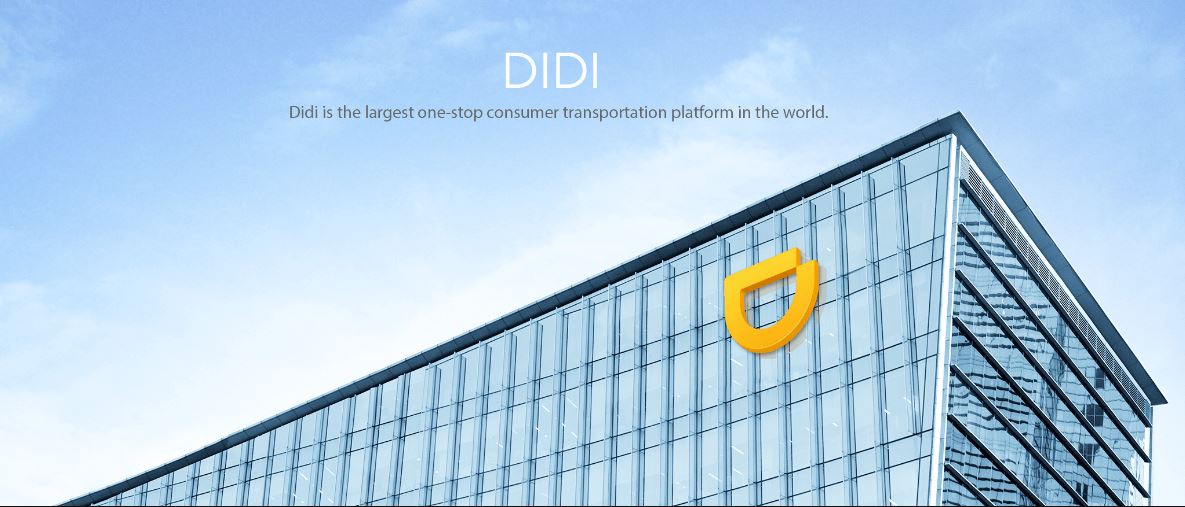At a time when the Chinese government is cracking down on its technology companies, Uber’s Chinese counterpart Didi Chuxing has filed confidentially with the US Securities and Exchange Commission for an IPO. The firm has chosen Goldman Sachs and Morgan Stanley to lead its initial public offering (IPO), according to two people with knowledge of the matter.
If the IPO goes through (that is, if it is not halted suddenly like the planned IPO of Ant Group had been), then it could put the valuation of the company at any amount from $70 billion to $100 billion. The SoftBank-backed Didi Chuxing is also looking to raise around $1.5 billion in debt financing through a revolving loan facility ahead of its IPO.
A company files confidentially for an IPO to keep vital operational and financial information out of the reach of their rivals for a few more months.
Didi Chuxing is currently backed by titans like SoftBank, Tencent, and Alibaba, and is on the threshold of having the largest IPO in the United States since Alibaba had entered the market back in 2014. The firm was valued at $62 billion in August 2020 after it had raised capital through a fundraising round.
This move by Didi Chuxing, which is mulling over the idea of a probable dual listing in Hong Kong at a later date, comes even as Chinese companies face a ton of regulations and audits in the US. Their situation in America is already dire after shares in dual-listed Chinese companies fell sharply in Asia after foreign companies were warned that they would be eliminated from American stock exchanges if they do not comply with U.S. auditing standards.
Didi’s choice for New York over Hong Kong for its IPO, despite the rocky relations between Washington and Beijing, can be attributed to the more predictable listing pace, the presence of peers like Uber, and a deeper capital pool in the US, according to the sources. Applying for an IPO in Hong Kong, on the other hand, would mean increased scrutiny over its business practices, especially the usage of unlicensed vehicles and part-time drivers. And with the government clamping down on its technology giants, companies like Didi would be more than happy to escape the ax and avoid further complications.
Didi, Goldman Sachs, and Morgan Stanley declined to comment.
Didi has remained active over the years, acquiring Uber’s business in China in 2016. It has also expanded its market beyond China and operates in eight foreign markets, including Japan and Australia. Uber Technologies continues to have a stake in Beijing-based Didi. Didi had merged with former rival Kuaidi in 2015 to create a smartphone-based transport services giant and a mobile app, where users can hail taxis, privately owned cars, carpool options, and even buses in some cities.
Didi President Jean Liu had said in May 2020 that business was profitable, and that business had risen again after the outbreak of COVID-19 in China.
